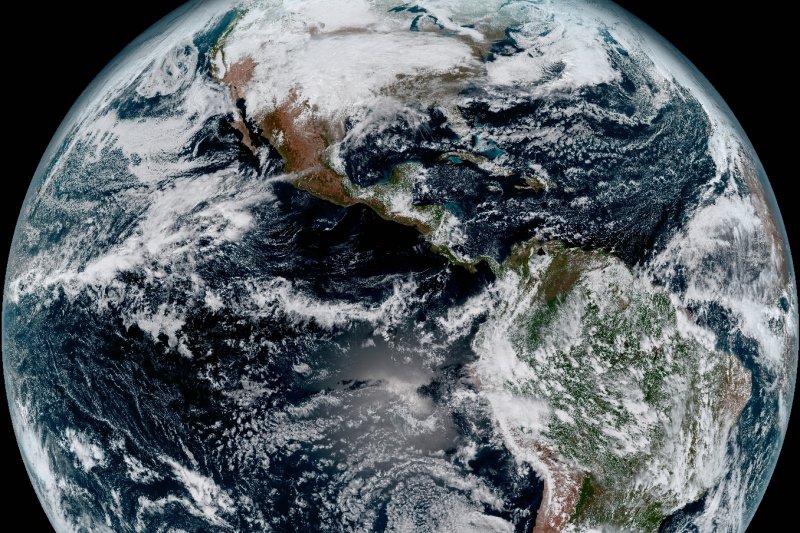Feb. 8 (UPI) -- In a new scientific paper, researchers argue current climate models focus too heavily on atmospheric inputs and and outputs and ignore human-related factors. As a result, scientists say many climate models understate the risk to the planet's ability to support human life.
The paper was published in the journal National Science Review.















